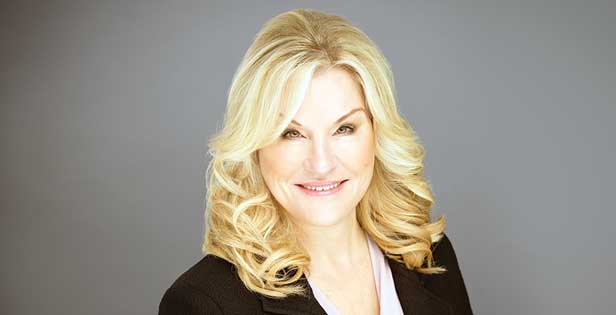Strategy February 18, 2019
How to Prepare for a Business Dinner
Interview with Sharon Schweitzer, an internationally recognized business expert and founder of Access to Culture.
Q: What makes a business dinner different than a business meeting?
A: Business meals are more than just talking shop. They’re a way to distinguish your demeanor from the boardroom to the dinner table. You can be the best in your field or tops in your company, but if you mess up the business meal, no one is going to be impressed.
Q: To drink or not to drink?
A: If the host orders alcohol and you don’t wish to drink, simply order the beverage of your preference without an explanation and continue to browse the menu – you’re under no obligation to consume alcohol. Polite dining companions will not comment or ask questions. If they do, simply ask, “Pardon me?” and look at them intently. They’ll realize the impertinence of their question.
Q: What should you order?
A: Ask the person who invited you for their thoughts on the menu. Ask them what their favorite dish is or to make suggestions. Listen carefully because they’ll provide a top and bottom price range based on the entrées they recommend.

Sharon Schweitzer is an internationally recognized business expert and founder of Access to Culture, a global consultancy specializing in intercultural communication, training and research. Schweitzer has over 20 years of experience in more than 80 countries as a corporate trainer, keynote speaker, lawyer, award-winning entrepreneur and author of Access to Asia, named to Kirkus Reviews’ Best Books of 2015.
Q: What should you talk about if you hit a quiet spot in the conversation?
A: It’s the host’s job to keep conversation going during the meal. Guests must contribute with courtesy – just don’t monopolize the conversation. Ask questions and express interest in topics like books, travel, vacation, movies and pets. Avoid politics, sex and religion.
Q: How do you handle the check?
A: The host is the person who extended the invitation, so they’re responsible for paying the bill. Consider these U.S. tipping guidelines: bartenders should receive 10%-20% of the bar bill; valet should receive $2-$5; coat check should receive $1 per coat; and the server should receive 15%-20% of the bill and 25% for extraordinary service.
